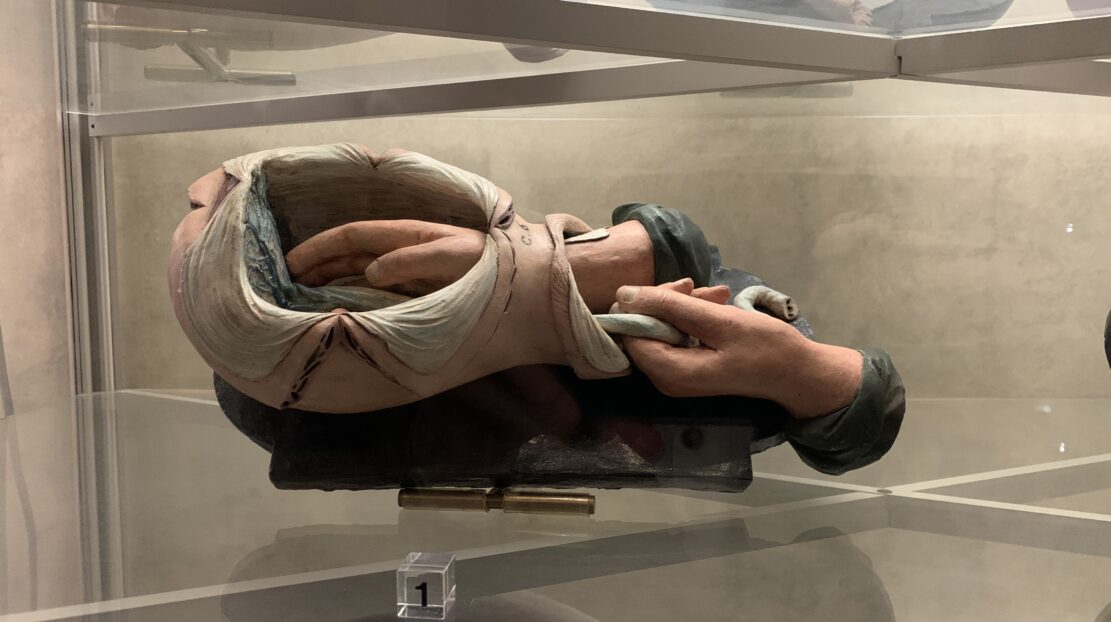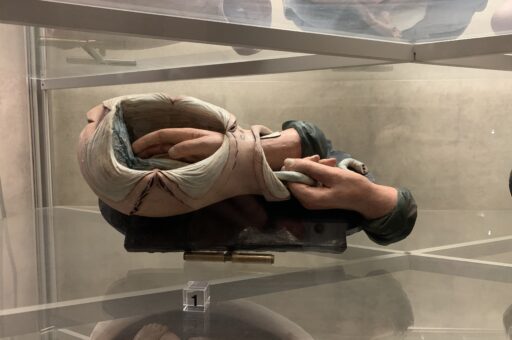About Janina
Berlin, Germany
Janina Wellmann is a cultural historian of science. Her work engages with forms of knowledge about life as entangled histories of spaces and disciplines, concepts and bodily practices, technology and aesthetics. In her new book, Biological Motion. A History of Life (Zone Books 2024), she explores how biological motion is key in guiding contemporary life science research into the organism’s molecular functions in the post-genomic era. The book uncovers motion’s long trajectory, from Aristotle’s animal soul to molecular motors, to medical soft robotics and mathematical analysis. It explores mechanistic philosophies, the perception, experimentation with and cognition of the nanoscale, systems biology and the animation of mathematics in visual representation. Her first monograph, The Form of Becoming. Embryology and the Epistemology of Rhythm, 1760-1830 (Zone Books 2017), provided an innovative account of the advent of embryology in rethinking the meaning of development. She held the positions of a stand-in professor in History and Technology of Science at Wuppertal University, founding Junior Director at the Institute for Advanced Study on “Media Cultures of Computer Simulation” at Universität Lüneburg. She was Harris Distinguished Visiting Professor at Dartmouth/NH, Fellow at the Harvard Radcliffe Institute and Wissenschaftskolleg zu Berlin.
Skilled Bodies: Bodily practices in science from the 17th century to the age of algorithm
Janina’s research is dedicated to the body of the scientist in the age of algorithm. She examines how bodily, especially manual skills, have shaped scientific practice and experimentation in the past and interrogate how knowledge making is affected once manual operations are limited to keyboards but not to the actual creation and manipulation of tangible worlds.




